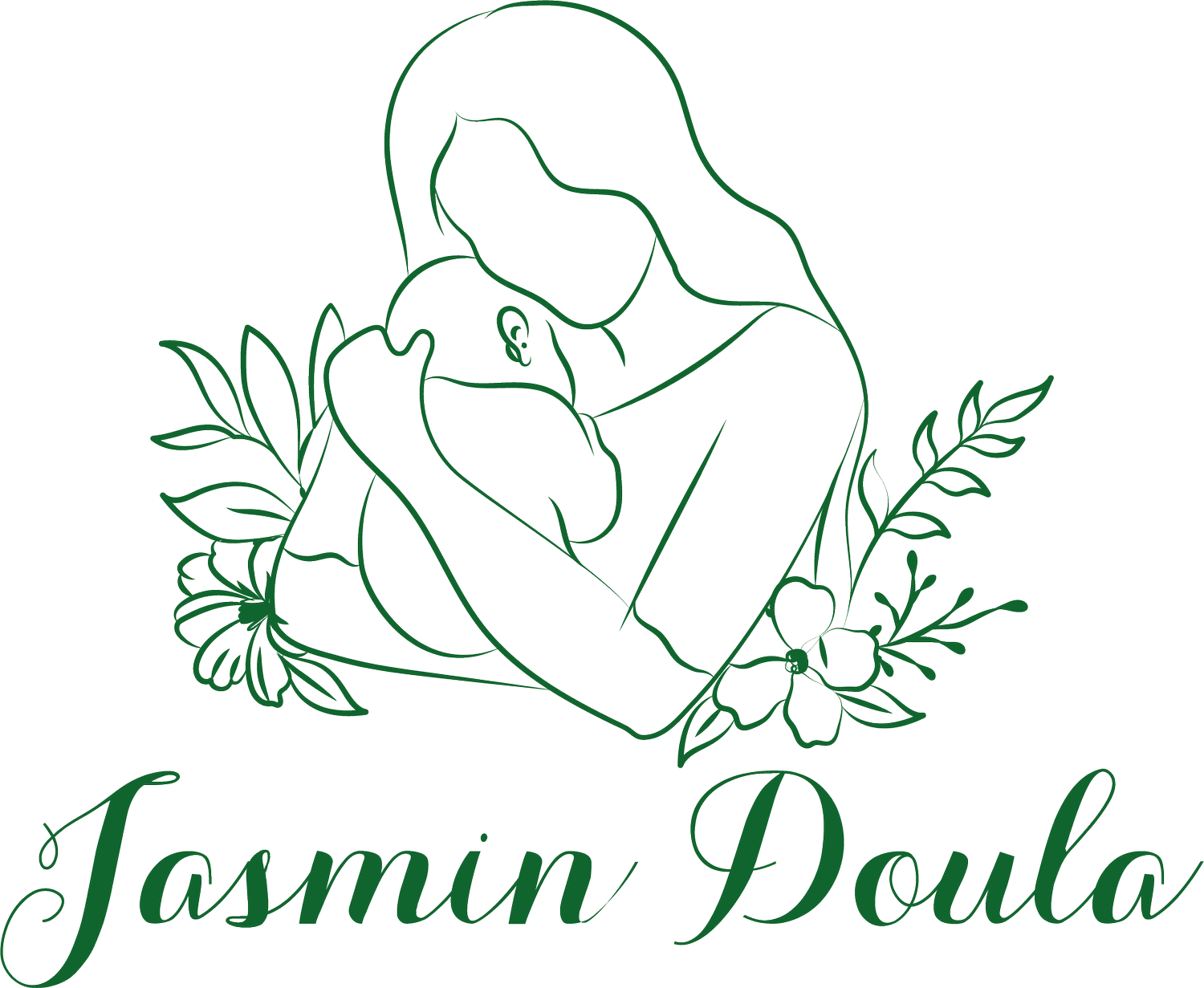FREQUENTLY ASKED QUESTIONSGET OFF GOOGLE AND GET ANSWERS TO
YOUR QUESTIONS, HERE!
COMMON QUESTIONS
What are the benefits of hiring a postpartum doula?
Hiring a postpartum doula can ease the transition into parenthood by providing the support and guidance you may need. You can learn hands-on skills, help build confidence, reduce anxiety, support physical and emotional healing post-birth, and receive daily assistance with household chores so you can spend your time focusing on bonding with your baby.
Is postpartum doula care covered by insurance?
Many insurance providers offer reimbursement for postpartum doula services. Please reach out and check with your insurance provider to see if our services are covered. I am certified, so I meet all of the requirements for CARROT.
What is a postpartum doula?
A postpartum doula focuses on supporting the birthing person, baby, and family during the fourth trimester. We provide informational, emotional, and physical support. My role includes, but is not limited to, offering feeding support, offering light housekeeping and meal preparation, providing knowledge and resources, and caring for the baby so you can rest. I work alongside you to ensure your family feels supported and confident.
What services do you offer?
We offer mainly postpartum doula services, which could be daytime or nighttime support. I work with you to create a plan and find out how I can best help assist you in your postpartum recovery. We also provide lactation education support with breastfeeding positions, bottle feeding positions, troubleshooting breastfeeding questions, and information on how to sanitize and safely prepare milk, as well as referrals to IBCLCs.
What type of families do you support?
We support all types of families, including first-time parents, experienced parents, single parents, LGBTQIA+, and those in blended families. My services are tailored to meet your unique circumstances and preferences.
What are the signs of labor?
Signs of labor include regular contractions, changes in the cervix, water breaking, bloody show, and increased vaginal discharge. These signs can indicate that labor is starting, but it’s important to note that every woman’s experience is different. It’s a good idea to talk with your healthcare provider to learn more about what to expect during labor and when to contact them.
How can I manage postpartum pain?
Managing postpartum pain can be done through pain medication, cold or heat therapy, gentle exercise, and getting adequate rest. Talk to your healthcare provider about your pain management options, and be sure to take any medication as directed. Applying a cold pack or warm compress to the affected area and getting plenty of rest can also help alleviate pain and promote healing.
How can I support my partner postpartum?
There are many ways you can support your partner postpartum. Some ways include cleaning/sanitizing any bottles/pump parts, offering to do more household chores, taking care of visitors/setting boundaries, offering to help give your partner a break to relax, rest, or even shower, and cooking and providing warm, healthy, nutritious meals.


